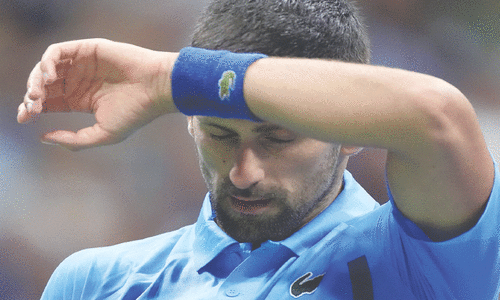KHARTOUM: Sudan’s military and civilian political leaders began talks on Sunday on a proposal to bring the powerful paramilitary Rapid Support Forces (RSF) under the army’s control as they try to finalise an agreement for a new transition leading to elections.
Integrating the RSF and placing the military under civilian authority are central demands of civilian groups that helped overthrow long-time autocratic ruler Omar al-Bashir four years ago and shared power with the military until an October 2021 coup.
The talks this week follow a framework deal agreed in December between the military and the civilian Forces for Freedom and Change (FFC) alliance, which aims to turn the page the coup which led to mass protests and cut Sudan off from much international financial support. Sudan’s army has a long history of staging military takeovers and has amassed substantial economic holdings. It wants to see the RSF, which by some estimates has up to 100,000 fighters, integrated under its control.
The two sides are expected to formally adopt the deal on April 6 and launch a new civilian government on April 11.
The agreement had left several sensitive issues, including the security reform and transitional justice, for further discussion. Power jostling between the head of the RSF, Mohamed Hamadan Dagalo, and army chief Abdel Fattah al-Burhan, along with uncertainty over how and when the RSF could be merged with the army, has been a source of recent tension.
Dagalo has put himself at the forefront of the planned transition toward democracy, unsettling fellow military rulers and triggering a mobilisation of troops in the capital Khartoum in recent weeks.
“The process of security and military reform is not easy but it is important and our goal is a single army,” Dagalo said at the launch of the talks on Sunday, adding that the RSF would not abandon “the choice of democratic transformation”.
Dagalo, widely know as Hemedti, is the deputy leader of the ruling council that took full power after the 2021 coup. Burhan, the council’s head, asserted on Sunday that the country’s army would be brought under the leadership of a new civilian government, restating pledges that it would withdraw from politics.
“The process of security and military reform is a long and complicated process and one that cannot be bypassed,” he said.
Published in Dawn, March 27th, 2023













































Dear visitor, the comments section is undergoing an overhaul and will return soon.